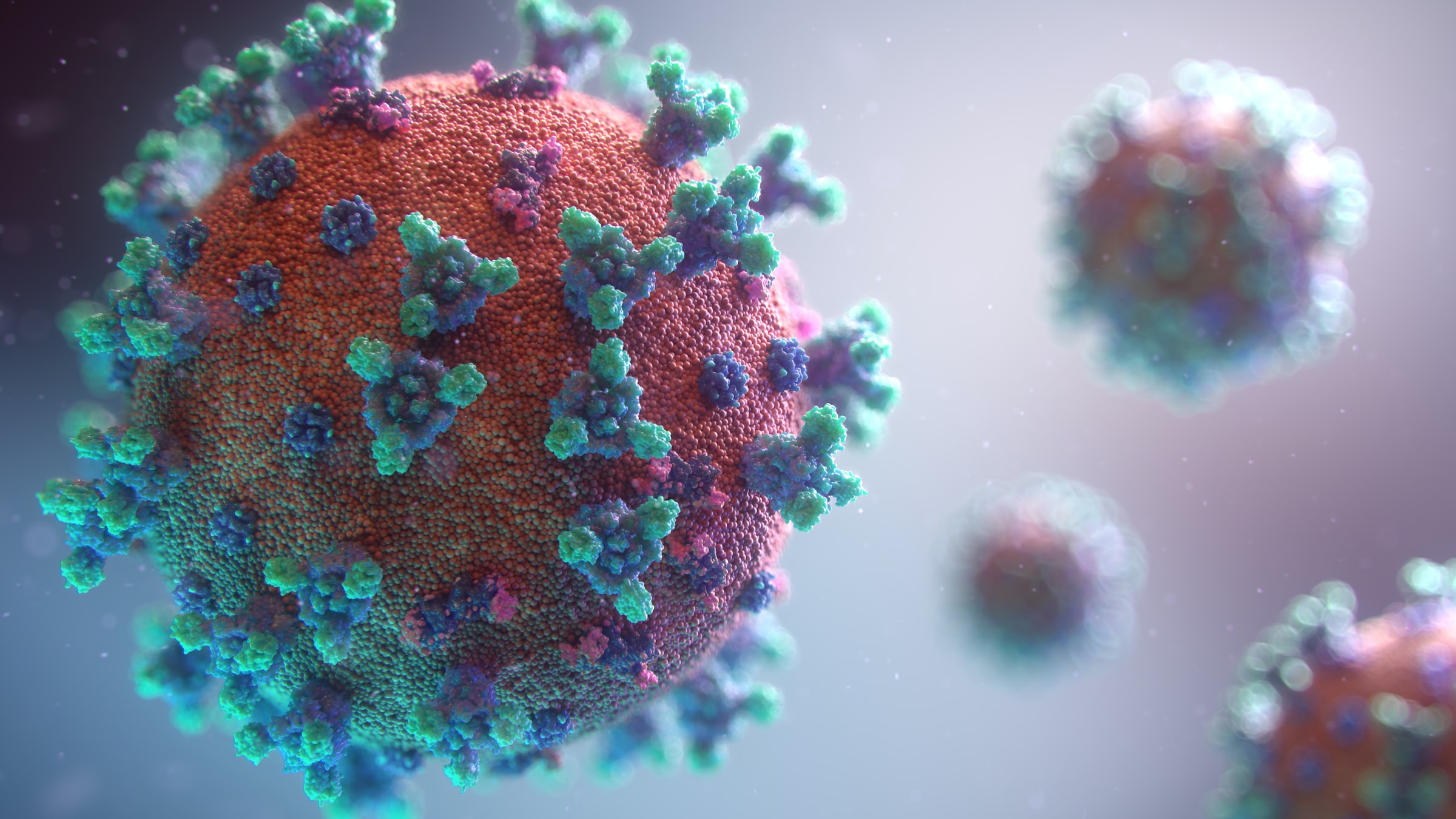
Healthcare research is essential to find out which treatments work better for patients. It plays an important role in discovering new treatments, makes sure that we use existing treatments in the best possible ways, and changes the way that healthcare professionals work.
Maidstone and Tunbridge Wells NHS Trust (MTW) has recruited over 2,300 participants to studies since April 2022, the highest across Kent, Surrey and Sussex. The Trust currently has over 100 studies open across 27 different specialties.
 Consultant Respiratory Physician Dr Tuck-Kay Loke has led one such research project, known as COVIDLUS, aiming to understand how patients recover from COVID-19, a virus that has caused millions of infections worldwide.
Consultant Respiratory Physician Dr Tuck-Kay Loke has led one such research project, known as COVIDLUS, aiming to understand how patients recover from COVID-19, a virus that has caused millions of infections worldwide.
Some people who have the virus will get serious breathing difficulties during their infection and need oxygen and machines to help them breathe. Many patients who have recovered continue to be unwell with severe tiredness and breathlessness well after the virus has been cleared by their immune system. This can lead to lifelong complications such as lung scarring (also known as lung fibrosis).
During the ‘second wave’ in December 2020, the virus was still relatively new and there was no form of follow up for patients admitted to hospital with COVID-19. At MTW, different specialties worked together to decide how best to monitor patients who had been discharged from hospital and were recovering.
A CT (computed tomography) scan is usually used to find out whether a patient has lung scarring, but these scans are expensive and also expose the patient to a significant dose of radiation. Dr Loke and his team wanted to find out if ultrasound was as good as a CT scan in monitoring patients recovering from COVID-19, and whether it can help detect lung damage.
Ultrasound uses sound waves, which means that patients can have it many times without exposure to ionising radiation, and the equipment is also much more portable so it can be easily performed in the Outpatients Department. Participants in the study returned to the hospital as outpatients for scans on days 41 and 83 after discharge, and also monitored their own oxygen levels at home.
Dr Tuck-Kay Loke said: “The research project recognises that the ultrasound of lungs is not only useful for patients when they get COVID-19, but it’s also helpful in their recovery after hospitalisation. Perhaps most importantly, our patients can also be reassured when they see the ultrasound as showing improvement in terms of their lung infection.”
Even though everything seemed to get better, around 30% of the patients we saw as part of the study still continued to report poor health. The lung ultrasound allows us to show, from a research perspective, that these patients have something else going on, they’re definitely not back to normal.”
Dr Loke presented the initial findings from his research at the International Congress of the European Respiratory Society in September, and is now working to develop a training module to support GPs, paramedics and other primary care teams in the community to use ultrasound help diagnose people with unexplained breathlessness.
The results of the study were published in Respiratory Medicine in March 2023: Lung ultrasound as a tool for monitoring the interstitial changes in recently hospitalised patients with COVID-19 pneumonia.
This study is an example of the Trust’s ‘investigator-led’ research and innovation process, where clinicians and other healthcare professionals are supported by the Trust’s Research and Innovation Department to set up their studies. For more information, visit www.mtw.nhs.uk/research.
